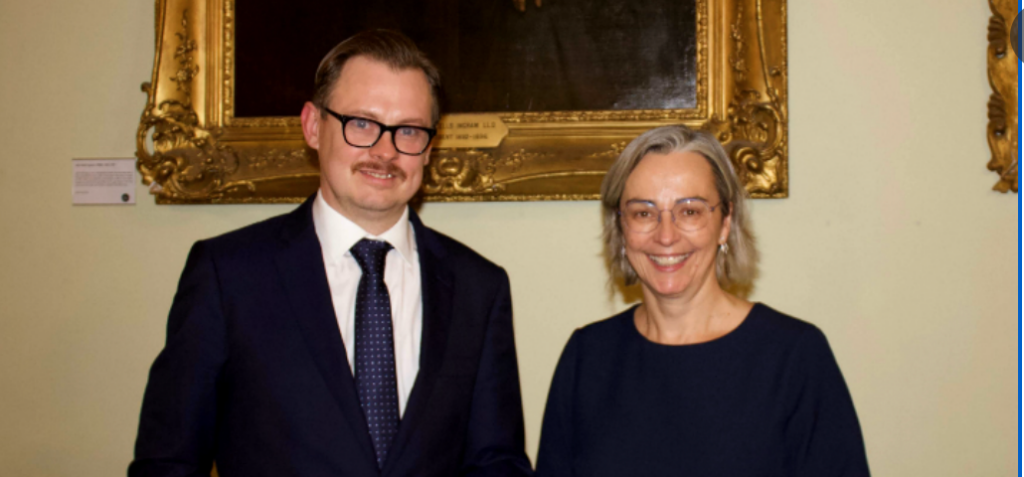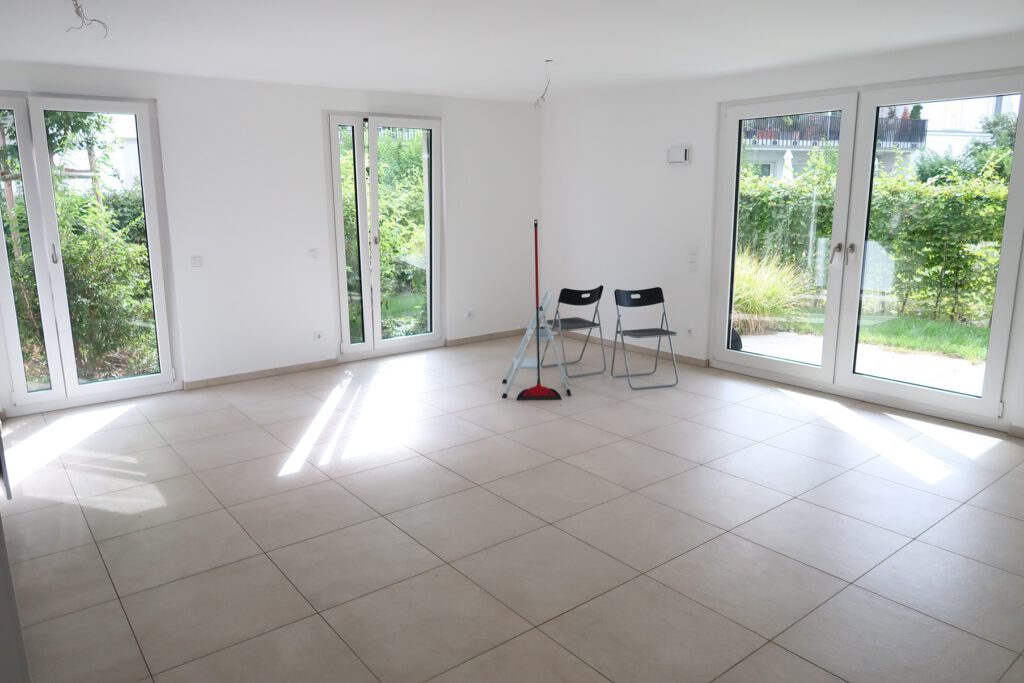We celebrate this year’s Europe Day with our online special issue on EU foreign policy. It compiles a small selection of eleven excellent articles on this topic published in JEPP during the last years. While in the broader public debates about the role of the EU and its foreign policy have attracted increased attention since the start of the war in the Ukraine, coverage of this topic in JEPP has been a constant fixture. Since the first article on the EU’s foreign economic policy was published in JEPP in 1994, almost 90 pieces refer to the term ‘foreign policy’ in the abstract and almost 60 prominently feature it in the title. So, believe us, when we say that it was very hard to decide which articles not to include in our virtual special issue. The result of our efforts brings together research about the making, the design and the consequences of the EU’s foreign policy, about the limits of the EU’s influence as well as about the role of (energy) relations with Russia. Our small collection of articles will be free access until 31 May 2022. We hope you enjoy reading!
Adrian Hyde-Price (2006) ‘Normative’ power Europe: a realist critique, Journal of European Public Policy, 13:2, 217-234, DOI: 10.1080/13501760500451634
Alexander Warkotsch (2008) Non-compliance and instrumental variation in EU democracy promotion, Journal of European Public Policy, 15:2, 227-245, DOI: 10.1080/13501760701817732
Anna Herranz-Surrallés (2016) An emerging EU energy diplomacy? Discursive shifts, enduring practices, Journal of European Public Policy, 23:9, 1386-1405, DOI: 10.1080/13501763.2015.1083044
Antoaneta Dimitrova & Rilka Dragneva (2009) Constraining external governance: interdependence with Russia and the CIS as limits to the EU’s rule transfer in the Ukraine, Journal of European Public Policy, 16:6, 853-872, DOI: 10.1080/13501760903087894
Caroline Kuzemko (2014) Ideas, power and change: explaining EU–Russia energy relations, Journal of European Public Policy, 21:1, 58-75, DOI: 10.1080/13501763.2013.835062
Kai Hebel & Tobias Lenz (2016) The identity/policy nexus in European foreign policy, Journal of European Public Policy, 23:4, 473-491, DOI: 10.1080/13501763.2015.1047398
Maryna Rabinovych (2021) Failing forward and EU foreign policy: the dynamics of ‘integration without membership’ in the Eastern Neighbourhood, Journal of European Public Policy, 28:10, 1688-1705, DOI: 10.1080/13501763.2021.1954066
Sophie Meunier & Kalypso Nicolaïdis (2006) The European Union as a conflicted trade power, Journal of European Public Policy, 13:6, 906-925, DOI: 10.1080/13501760600838623
Sophie Vanhoonacker & Karolina Pomorska (2013) The European External Action Service and agenda-setting in European foreign policy, Journal of European Public Policy, 20:9, 1316-1331, DOI: 10.1080/13501763.2012.758446
Tom Delreux & Stephan Keukeleire (2017) Informal division of labour in EU foreign policy-making, Journal of European Public Policy, 24:10, 1471-1490, DOI: 10.1080/13501763.2016.1216151
Wolfgang Wagner (2003) Why the EU’s common foreign and security policy will remain intergovernmental: a rationalist institutional choice analysis of European crisis management policy, Journal of European Public Policy, 10:4, 576-595, DOI: 10.1080/1350176032000101262














